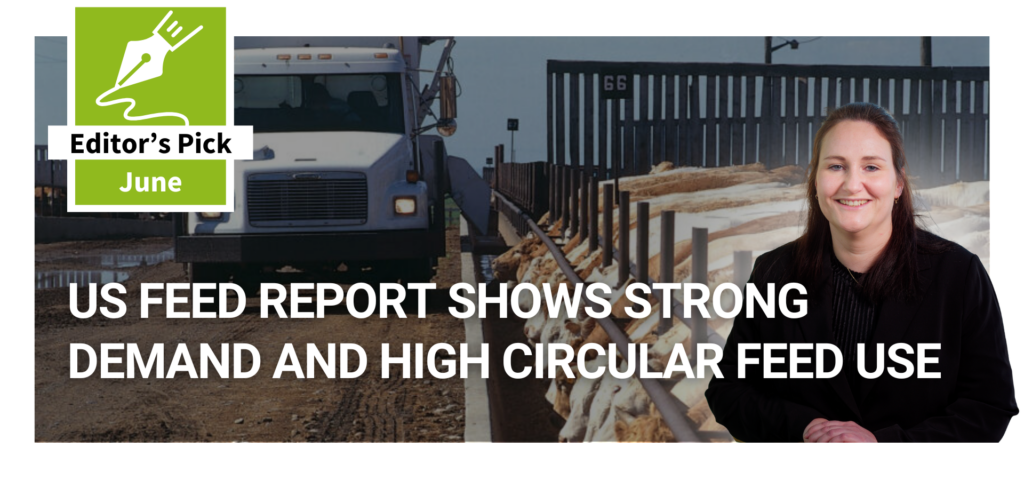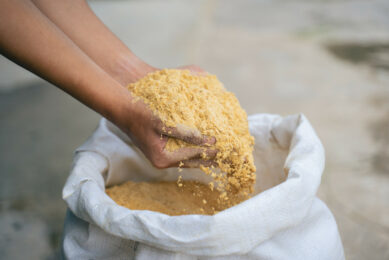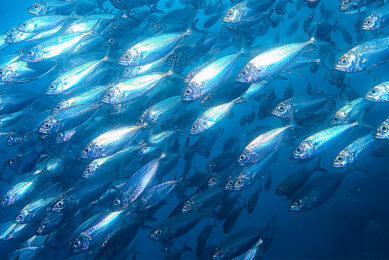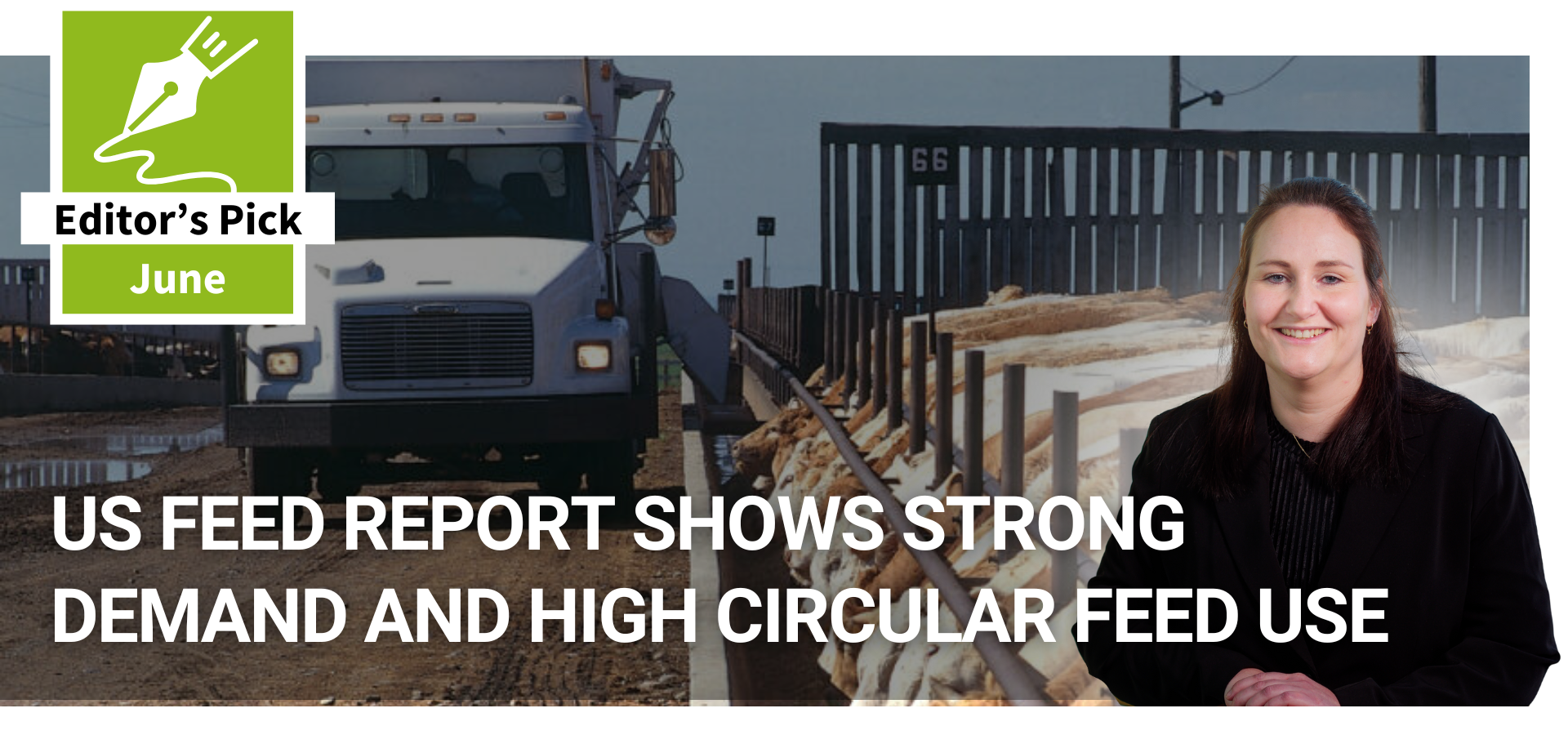Kazakhstan shares ambitious plans for advanced grain processing
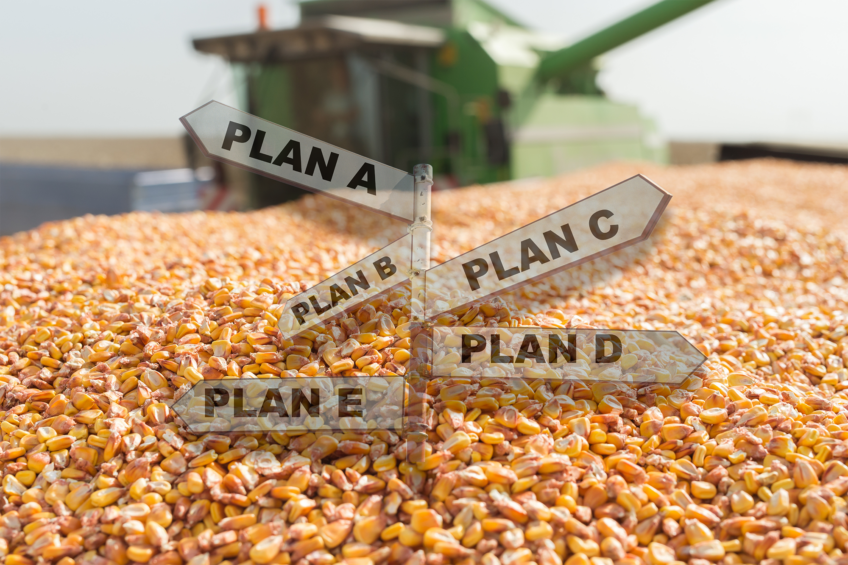
In the next several years, Kazakhstan plans to put into operation a series of projects for advanced grain processing, seeking to obtain products like feed additives with higher added value and eyeing exports to the European Union and the Middle East, Kazakh Invest, a local government agency, has stated.
Kazakhstan, a leading grain exporter, is set to significantly boost its revenue potential. Currently, only 3% of the harvest is processed domestically, a figure that pales in comparison to other countries. However, with the implementation of advanced grain processing, the country could see an additional $10 billion per year added to its national economy, according to officials.
A 20-fold revenue hike
The agency further revealed that Kazakhstan has the capability to produce over 200 types of products from wheat processing, promising a diverse and robust market. This could potentially lead to a 20-fold increase in revenue, a significant boon for the country’s economy.
“During primary processing, gluten, starch, and bran can be obtained from wheat raw materials at the first stage, and bioethanol, compound feed, and modified starches, which are used in the food industry, agriculture, and the chemical industry, can be obtained at the second stage,” Kazakh Invest stated.
At the most advanced processing, Kazakhstan could manufacture feed vitamins, among several other products, the officials note.
Lysine in the spotlight
Feed lysine could be one of the core products of the planned advanced grain processing programme, the official said.
For instance, feed lysine could be exported to Europe and Turkey at a price between $990 and $1321 per tonne. This niche’s export potential is estimated at $700 million per year.
Projects already in the pipeline
Kazakh Invest stressed that some projects are already being implemented.
For example, the agency said a plant for deep processing of wheat and peas worth $200 million is under construction by Turkish Tiryaki Holding and Qatari Hassad Food in Astana. The plant will manufacture 240,000 tonnes of compound feed, 22,000 tonnes of gluten, 110,000 tonnes of starch, 30 tonnes of glucose, and 45,000 tonnes of fructose. The facility is scheduled to begin operation in 2025.
Another project has been launched by the Chinese companies AnhuiJinhe Industrial, CITIC Construction and Shanghai Starch. In this case, the plan is to launch a plant with a capacity of 300,000 tonnes of starch and gluten. At the second stage the investors plan to manufacture citric acid, lysine, vitamins C, B2, B12. The facility is scheduled to begin operation in the second quarter of 2025.
Over the past few years, Kazakhstan businesses have advocated for a strategic shift in the country’s export focus, moving away from grain and towards products with higher added value, such as feed, meat, and dairy.



